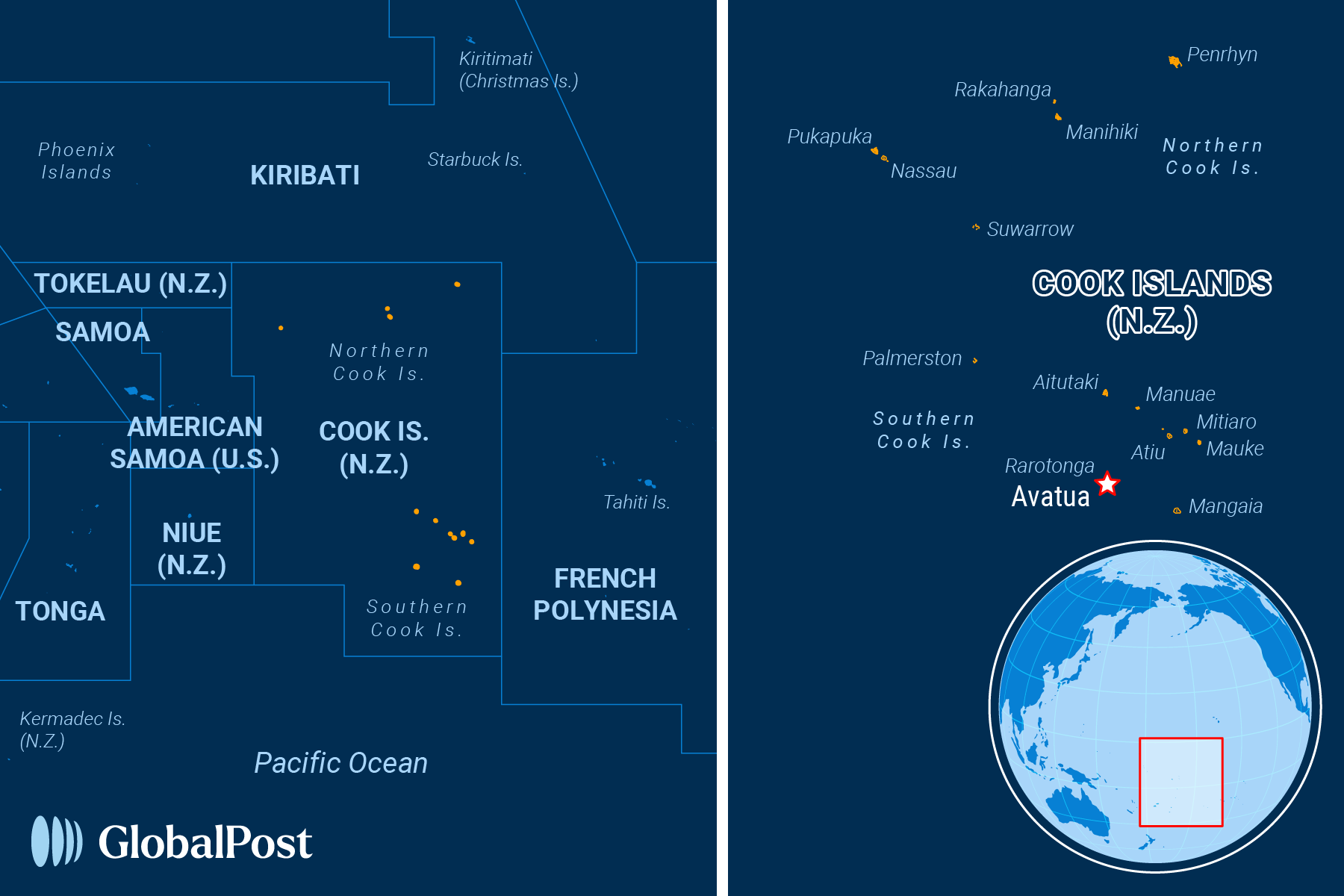Chinese Roulette

Earlier this month, Mark Brown, the leader of the quasi-independent Cook Islands, flew to China to make a deal.
The prime minister was trying to expand economic opportunities for the 15-island nation of 17,000 people in the South Pacific, becoming the latest island state in the region trying to capitalize on China’s hunger for influence in the Pacific and the West’s determination to halt that advance.
This time, the island’s effort set off fury in New Zealand.
That anger centers on the “action plan for the comprehensive strategic partnership” that Brown signed in China on Feb. 13, which he says is intended to expand economic prospects for the Cook Islands. The state, once ruled by New Zealand, needs money – its economy is based on its tourism sector, which took a hit during the coronavirus pandemic. Now, it wants to diversify it.
“The Cook Islands will continue to make strategic decisions in the best long-term interests of our people,” Brown said. “Our relationship and engagement with China complement, not replace, our longstanding relationships with New Zealand and our various other bilateral, regional, and multilateral partners.”
The deal, which has only partially been made public, centers on trade, investment, tourism, ocean science, agriculture, technology, education, infrastructure, and transport.
However, what Western countries and environmentalists worry about is both parties’ interest in developing deepsea mining for critical minerals used in high tech, such as rare earth elements and cobalt, despite opposition from other Pacific nations. China is a leader in this type of mining.
At the same time, New Zealand, Australia, and other Western countries worry about whether the deal includes strategic infrastructure such as ports and maritime security arrangements.
The Cook Islands are a self-governing state in “free association” with New Zealand but can make deals with other nations as an independent country. That means in practice that its citizens hold New Zealand passports and New Zealand provides budget support and runs its security and foreign policy as part of a constitutional arrangement. As a result, New Zealand officials say they should be consulted about any such deal in advance.
“Under our constitutional arrangements, we expect, in matters of defense and security to be transparently discussed between partners – that’s all we’re asking for here,” said New Zealand Prime Minister Christopher Luxon, adding that the country has been “blindsided” by the move.
New Zealand officials added that the “lack of transparency” by the Cook Islands could “have major strategic and security implications.”
“We have concerns about the Chinese state military apparatus penetrating deeply into a country that is part of the New Zealand Realm,” a New Zealand government official told the Washington Post.
Brown has said that the deal does not include security aid from China but has not released the details to New Zealand.
Such deals are particularly concerning for Australia, New Zealand, and the US. For example, China struck a security deal with the Solomon Islands three years ago that led to Chinese police officers being stationed in the country. It also sparked concerns over a future Chinese military base there and with it a permanent Chinese military presence in the region. The government of the Solomon Islands has ruled out such a presence.
Still, there are similar concerns regarding Vanuatu and Papua New Guinea, both of which have economic cooperation deals with China.
The Cook Islands, along with 13 other small Pacific nations, hold strategic value due to their geographic location, which is critical for maritime routes, military positioning, and geopolitical influence.
Meanwhile, the spat with the Cook Islands is New Zealand’s second dispute with an island nation in two months. In January, the president of Kiribati, Taneti Maamau, canceled a meeting with New Zealand’s foreign minister, prompting a threat by New Zealand to review aid to the island nation, which, along with Australia’s contribution, is substantial. Australia has also been snubbed by Kiribati recently, even as it has deals in place with the Pacific Island nations of Tuvalu and Nauru that give it veto rights over security partnerships with other countries, namely China.
Still, Kiribati has deals with China that include Chinese police officers being stationed in the country.
China, a massive donor of aid in the region, says the agreement with the Cook Islands would “deepen political mutual trust and expand practical cooperation.” It also expressed bafflement over the concern over its partnerships. “The wariness of some in the West is largely motivated by their own geopolitical considerations, rather than a genuine concern for the development of the Pacific Islands countries,” wrote the Global Times, a Chinese news outlet close to the government. “Western short-sighted competitive mindset and policy uncertainty are exactly not what the South Pacific countries want to see.”
Meanwhile, the Cook Islands’ China deal isn’t necessarily going down so well at home. While Brown’s cabinet supports it, the opposition Democratic Party filed a no-confidence motion against the president on the day the deal was signed and protests against it broke out last week.
“It is clear that the government’s handling of this matter has left serious questions unanswered about its potential impact on our sovereignty, economic independence, and international relationships,” opposition leader Tina Browne told the Cook Island News. “If the agreement involves … infrastructure development, who will control these projects, and how will they benefit Cook Islanders?”

Subscribe today and GlobalPost will be in your inbox the next weekday morning
Join us today and pay only $46 for an annual subscription, or less than $4 a month for our unique insights into crucial developments on the world stage. It’s by far the best investment you can make to expand your knowledge of the world.
And you get a free two-week trial with no obligation to continue.
